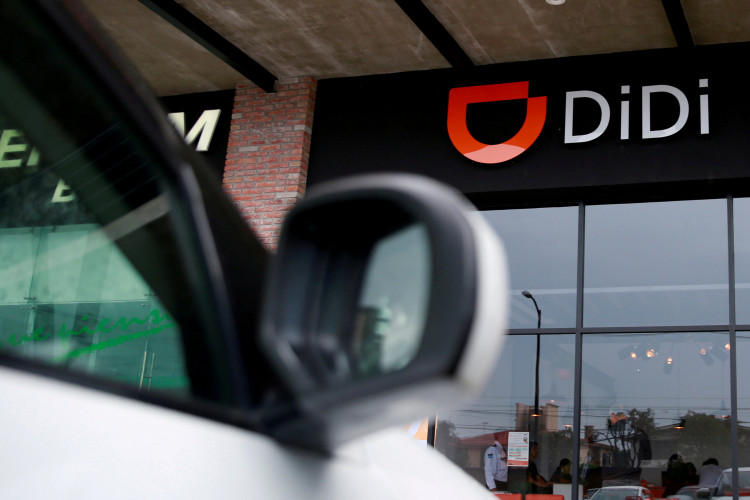China's Didi Chuxing announced that they agreed on a joint venture with state-owned BAIC and Volkswagen to develop purpose-built cars for its ride-hailing services.
Didi said on Monday that the joint venture, called BAIC-Xiaoju New Energy Auto Technology Co. Ltd, with the BAIC, aims to develop "new generation connected-car systems". It is the first joint venture between the two companies which followed the joint venture of Didi and Volkswagen in 2018.
According to the report of the XinhuaNet, the two Chinese companies plan to focus on developing new energy fleet operation and artificial intelligence solutions for the ride-hailing industry.
Volkswagen announced on Monday that the joint venture with Didi was formally set up in December. Didi's record showed that it holds 60 percent in the joint venture which is called Shanghai Juzhong Smart Mobility Co. and Volkswagen Group China gets the 40 percent share.
Volkswagen's statement said that the joint venture will focus on fleet operations, fleet sales, fleet management, repair, and maintenance services. The latest joint venture is meant to explore fleet leasing business. The company also said that the new venture will carry out extensive discussions to cooperate with industry-leading companies in the field of smart mobility at the same time.
The two agreements are essential projects as Didi tries to reach its goal of a broad alliance to 31 automakers and parts suppliers announced last year. According to Didi, the alliance was formed to offer its customers and operational skills to automakers who want to develop their own ride-hailing services in return for design expertise. Didi plans to develop cars specially designed for its services.
The increasing popularity of the ride-sharing business in populated cities like Beijing and Shanghai reduces private car ownership. This results in low sales for carmakers which force them to look for alternatives to adapt their businesses.
Didi has long been planning to use environmentally-friendly vehicles in its operations in response to the effort of the Chinese government in countering pollution. Some parts of China started using electric vehicles to support the government. In Shenzhen, the local government promoted the use of electric taxis and buses.
Didi announced in 2017 that they will build their own electric vehicle charging network and, currently, the company employed around 400,000 new energy vehicles on its ride-sharing operations.
BAIC is one of the leading automakers in the country which is an ideal partner for Didi in developing electric cars. The company announced that they will stop building fuel-powered vehicles by 2025.





